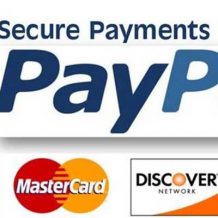How Emerging Markets are Driving the Digital Wallet Trend

It’s been suggested that emerging markets could see a major economic boost if they made just one simple change: go cash-less. It’s already happening around the world, and there is good reason to go cash-less.
Security
Storing cash is risky, especially if you have a lot of cash. In developing nations, one job might lead to significant sums of cash for someone, but they’ll need to live on that for week or months while they find more work. High incident rates of theft are propelling more retailers to adopt credit card terminals to store money digitally and make it harder for thieves to steal.
Nearly 80% of adults in emerging markets have either a mobile phone or a smartphone that they use on a daily basis. Even more carry credit and debit cards and as these technologies merge the POS becomes a perfect mechanism to help transmit payment data digitally.
There is a large segment of the population in any developing or developed nation that is underbanked, meaning they either don’t maintain a bank account or they aren’t benefiting from doing so. Part of the problem is that these people need closer control over their budgets, in order to plan and save effectively.
Right now, banks can’t respond to these pressures fast enough and the costs of providing the existing services is far too high. With digital transfers, all transfers are much faster and more affordable. That makes the mobile wallet the new cost-saving measure of the future for many on the lower income. Even those who wish to start a business will benefit from this revolution. They’ll find it easier to pay contractors from anywhere in the world, and make international purchases they need to run their business.
read more










